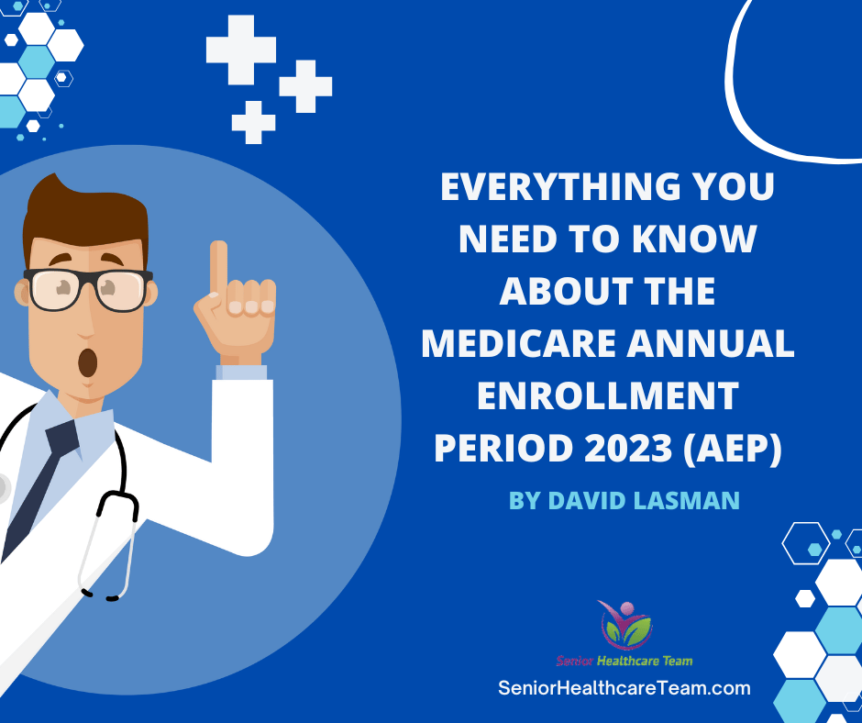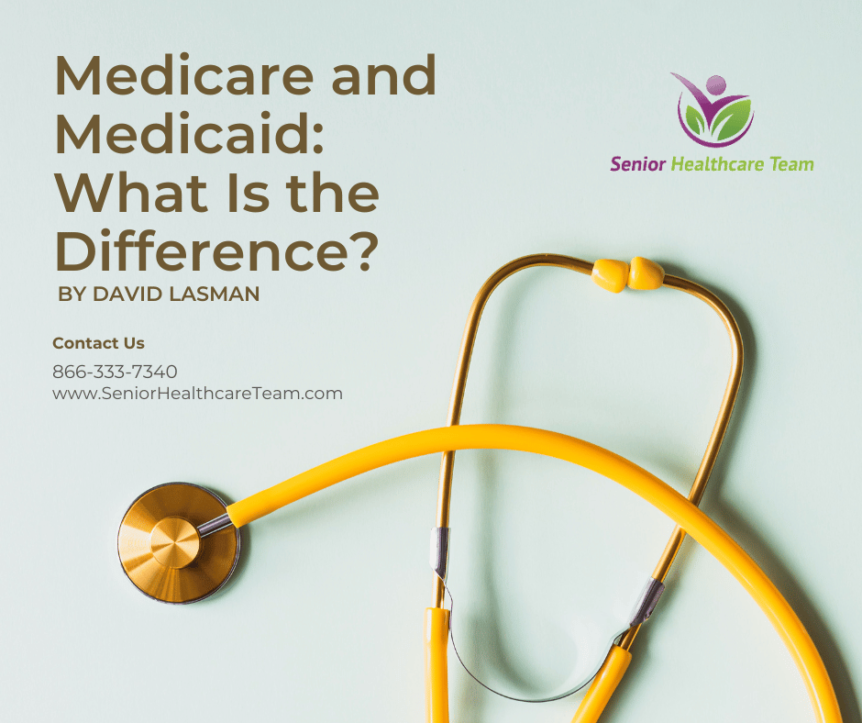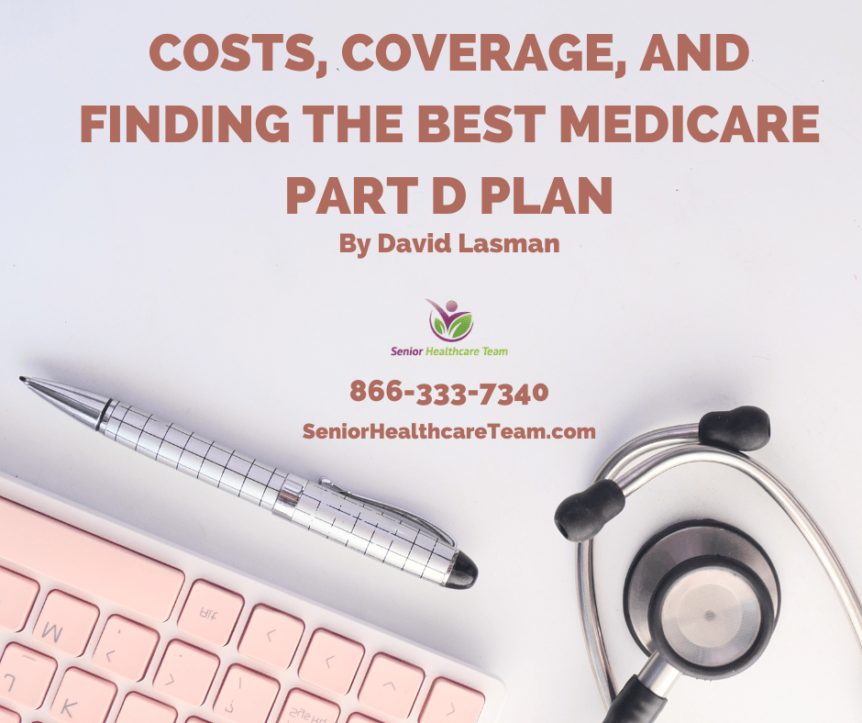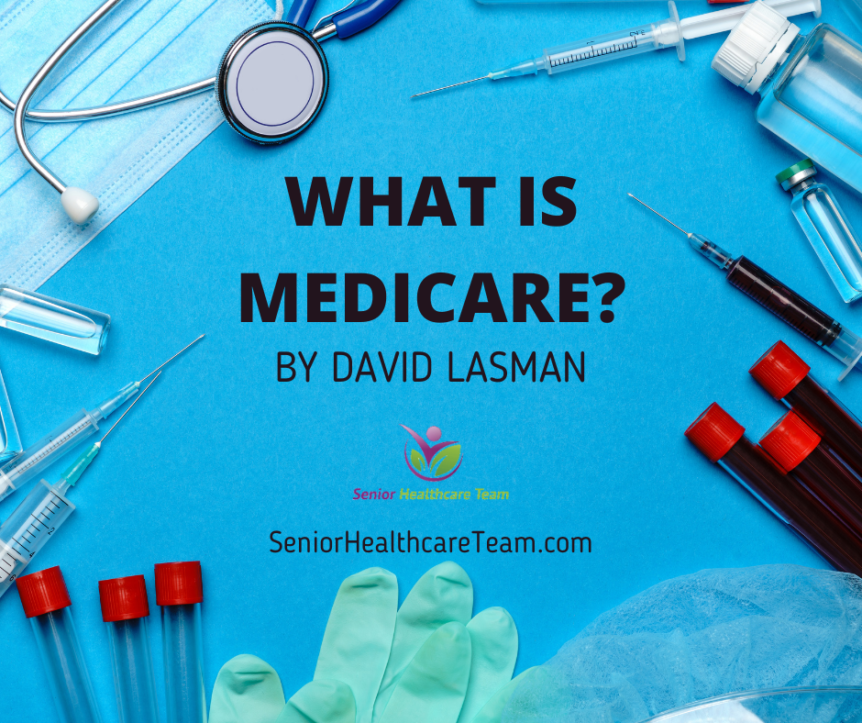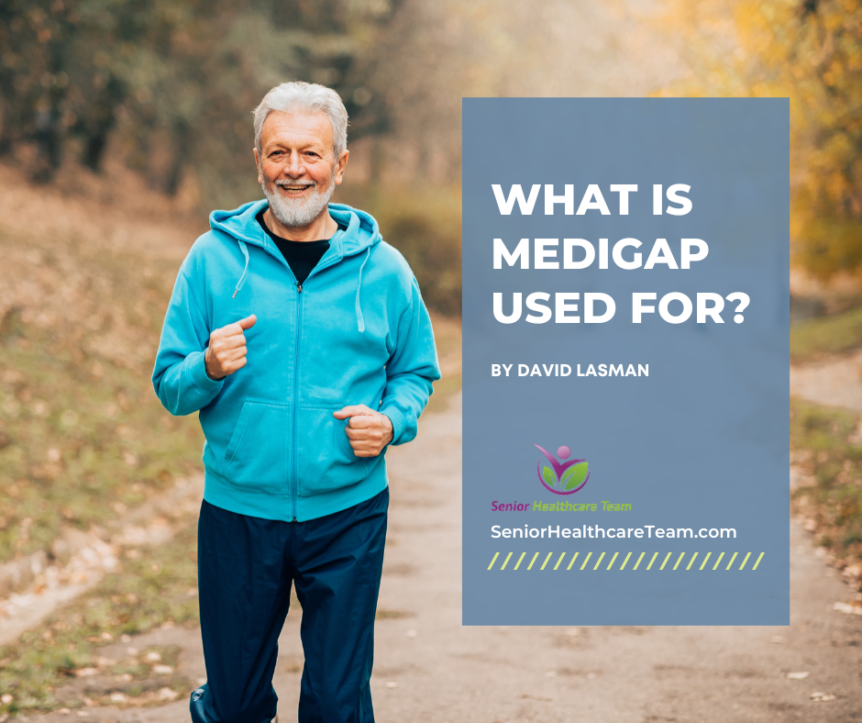Healthcare systems around the world vary significantly in their structure, accessibility, and the benefits they offer. While some countries provide healthcare for free, the United States relies on a combination of public and private insurance options, with Medicare being a cornerstone for those aged 65 and older. This article compares Medicare in the US with the free healthcare systems in other countries, ultimately demonstrating that Medicare, with its comprehensive coverage options and flexibility, can offer superior benefits.
Five Disadvantages of Medicare Advantage Plans
Medicare Advantage plans, also known as Medicare Part C, have gained popularity as an alternative to traditional Medicare. These plans offer a combination of hospital and medical coverage, often with additional perks like dental, vision, and prescription drug coverage. While Medicare Advantage plans have their advantages, it’s essential to consider the disadvantages before enrolling. In this article, we’ll explore five significant disadvantages of Medicare Advantage plans to help you make an informed decision about your healthcare coverage.
The Benefits of Medigap When Used in Conjunction with Original Medicare
While Original Medicare is an invaluable program, it does not cover everything. Beneficiaries are still responsible for certain costs, including deductibles, copayments, and coinsurance. Additionally, there is no cap on annual out-of-pocket spending, which can lead to financial strain for those with significant medical needs.
Everything You Need to Know About the Medicare Annual Enrollment Period 2023 (AEP)
Once a year, Medicare gives its nearly 65 million beneficiaries a chance to step back, review their coverage and make any changes that will help them get the best out of the federal government’s health insurance program for adults age 65 and over and people with disabilities.
But experts say too many enrollees overlook this annual opportunity to possibly save money and improve their coverage.
Medicare and Medicaid: What Is the Difference?
Medicare and Medicaid are government-backed healthcare programs that serve different groups of people and have different eligibility requirements. Some people may qualify for both programs. It’s important to understand the differences between Medicare and Medicaid and how each one works so that if you’re eligible for either or both, you can receive all the benefits offered to you.
Can You Use Your HSA For Medicare?
If you’re like many workers in the U.S., you may have been saving money in a health savings account (HSA) for years, which can be helpful should you face medical expenses during retirement.
But once you reach age 65, which is when you reach Medicare eligibility, contributing to an HSA becomes a bit more complicated. While you can use HSA funds to pay Medicare premiums, you cannot continue contributing to your HSA after enrolling in Medicare.
Costs, Coverage, and Finding the Best Medicare Part D Plan
While prescription drugs can help older adults manage various health conditions as they age, paying for medications can also put a serious strain on a person’s budget. In fact, the Health Policy Institute at Georgetown University found people ages 65 to 79 spend an average of $456 a year out of pocket on prescription drug expenses.
What is Medicare?
Medicare is a federal health insurance program in the United States that provides coverage to individuals who are aged 65 and older, individuals with certain disabilities, and individuals with end-stage renal disease. The program was signed into law by President Lyndon B. Johnson in 1965 and has since become an important part of the social safety net for millions of Americans.
What is Medigap Used For?
As you approach retirement age and become eligible for Medicare, you may hear the term “Medigap coverage” being used. Medigap, also known as Medicare Supplement Insurance, is a type of insurance policy that is designed to help cover the gaps in Medicare coverage. In this article, we will discuss what Medigap coverage is, how it works, and why it is important.
Who is Eligible for Medicare in 2023?
Medicare is a Federal health insurance program that was established in 1965 to provide affordable health coverage for Americans who are 65 years of age or older, as well as some younger people with certain disabilities and medical conditions. Medicare is funded through payroll taxes, premiums, and government funding, and it covers a wide range of healthcare services, including hospital care, physician services, prescription drugs, and more.




